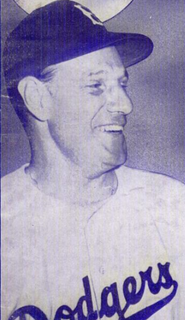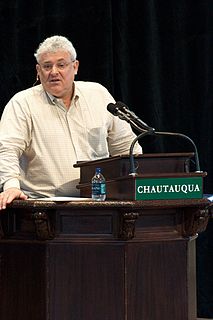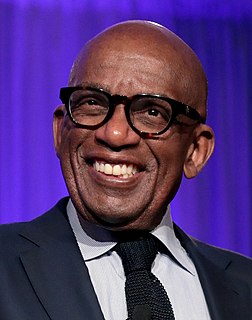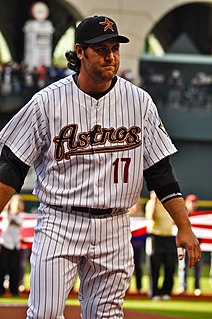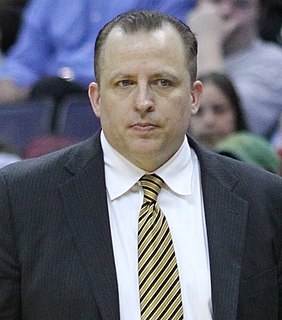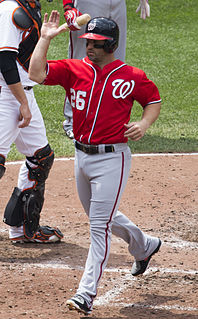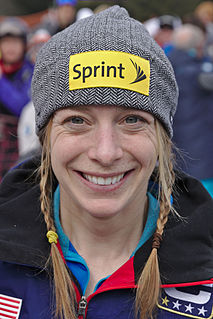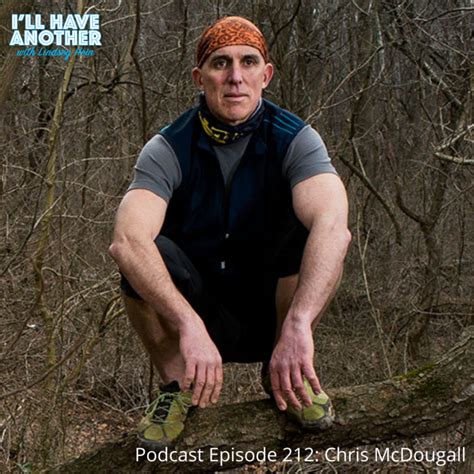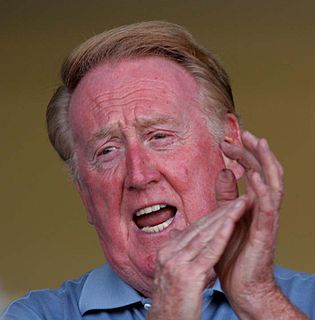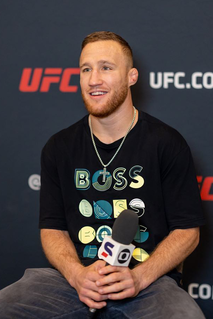A Quote by Leo Durocher
Five runs ahead and he'd knock in all the runs I could ask for. One run behind and he was going to kill me.
Related Quotes
People ask, 'Is the science going to run ahead of the ethics?' I don't think that's always the problem. I think it's that the science runs ahead of the politics. Bioethics can alert people to something coming down the road, but it doesn't mean policy and politicians are going to pay attention. They tend to respond when there's an immediate crisis. The job of the ethicist, in some ways, is to warn or be prophetic. You can yell loudly, but you can't necessarily get everybody to leave the cinema, so to speak.
Nearly all runners do their slow runs too fast, and their fast runs too slow." Ken Mierke says. "So they're just training their bodies to burn sugar, which is the last thing a distance runner wants. You've got enough fat stored to run to California, so the more you train your body to burn fat instead of sugar, the longer your limited sugar tank is going to last." -The way to activate your fat-burning furnace is by staying below your aerobic threshold--your hard-breathing point--during your endurance runs.
When you fight me, you aren't going to be able to be so careful. They better block their face and knock me out. I'm going to hit them, kick them. I'm going to come forward. They'll have to run, literally run, backwards. That's the only way to get away from me. And eventually you're going to run into the cage.
